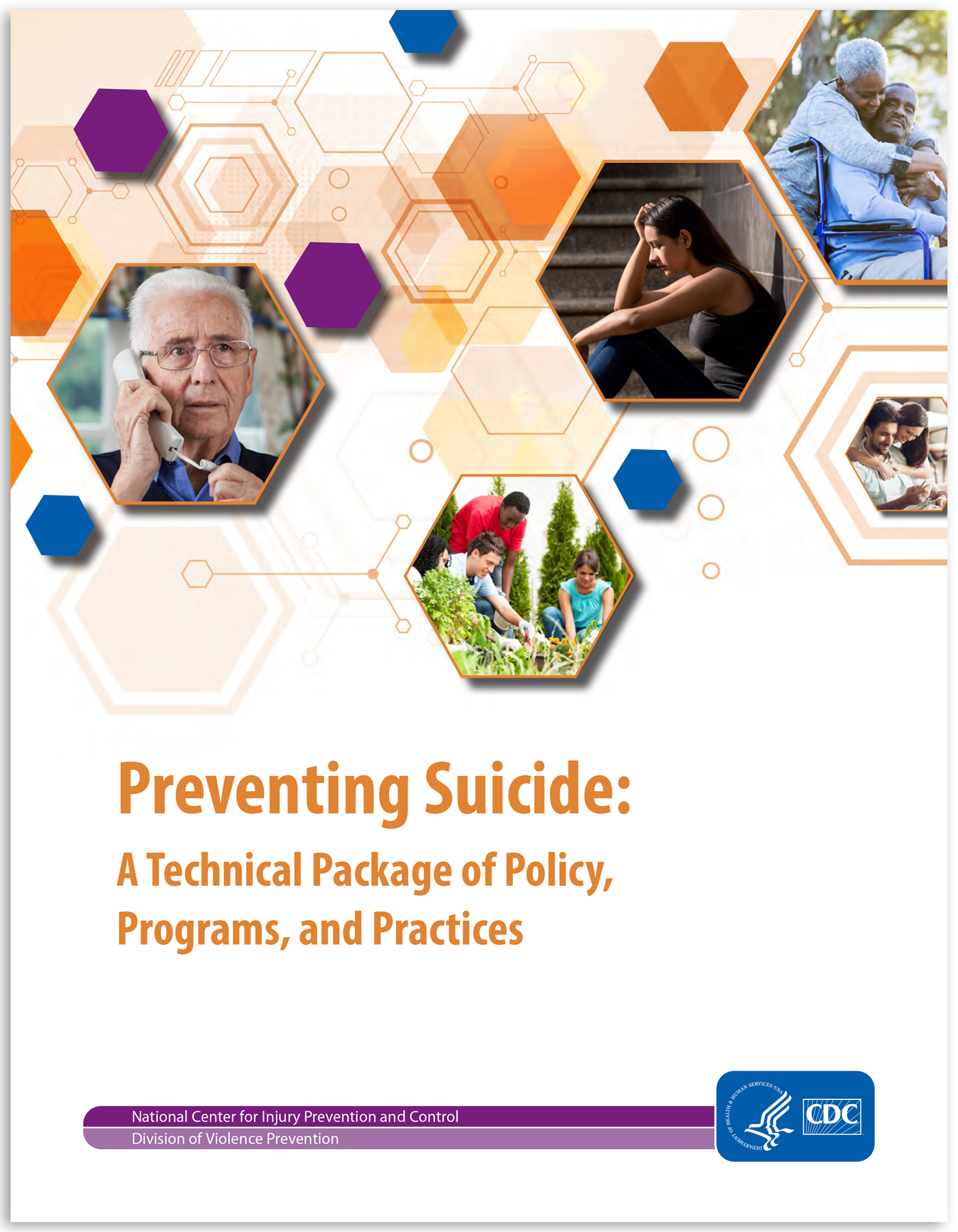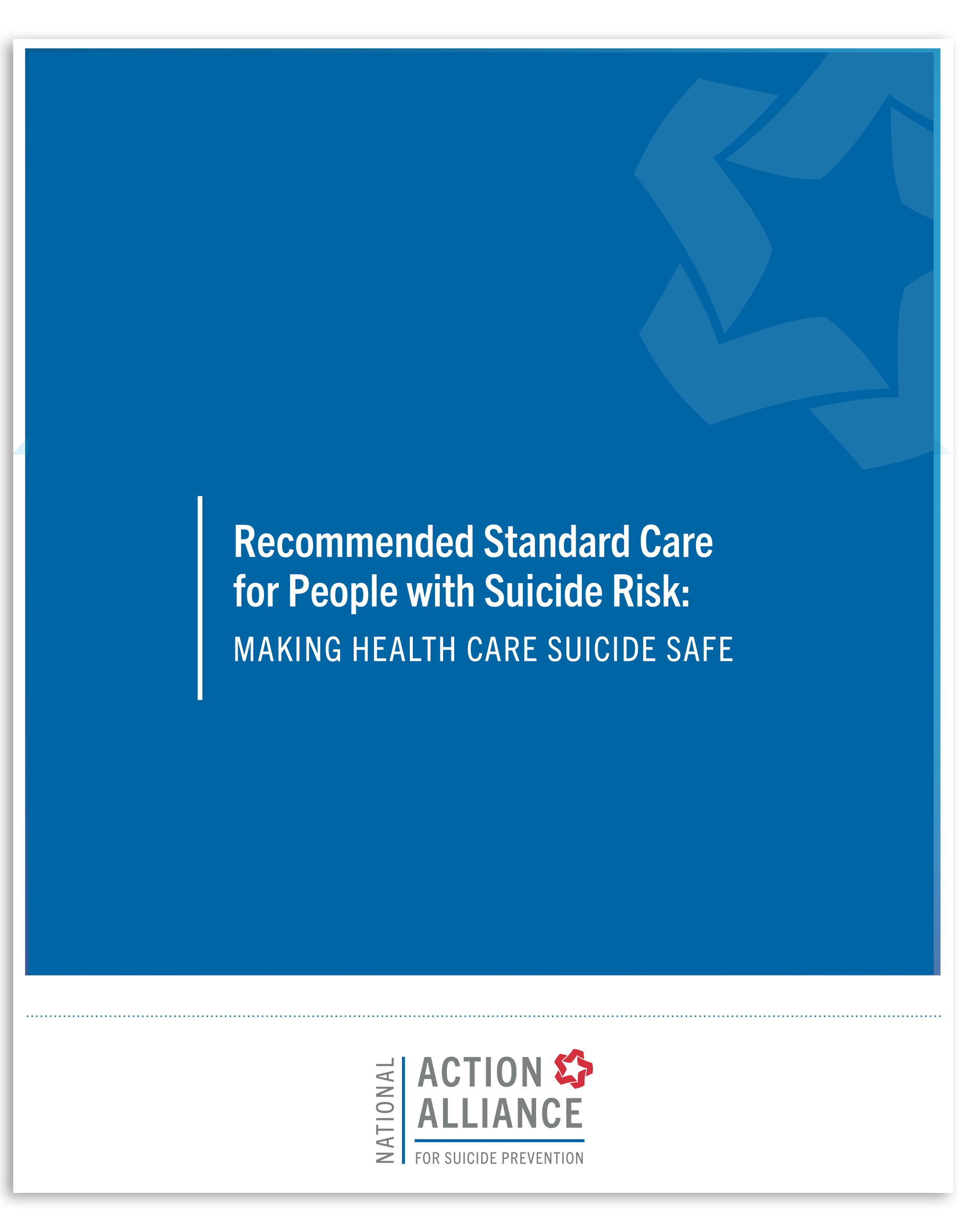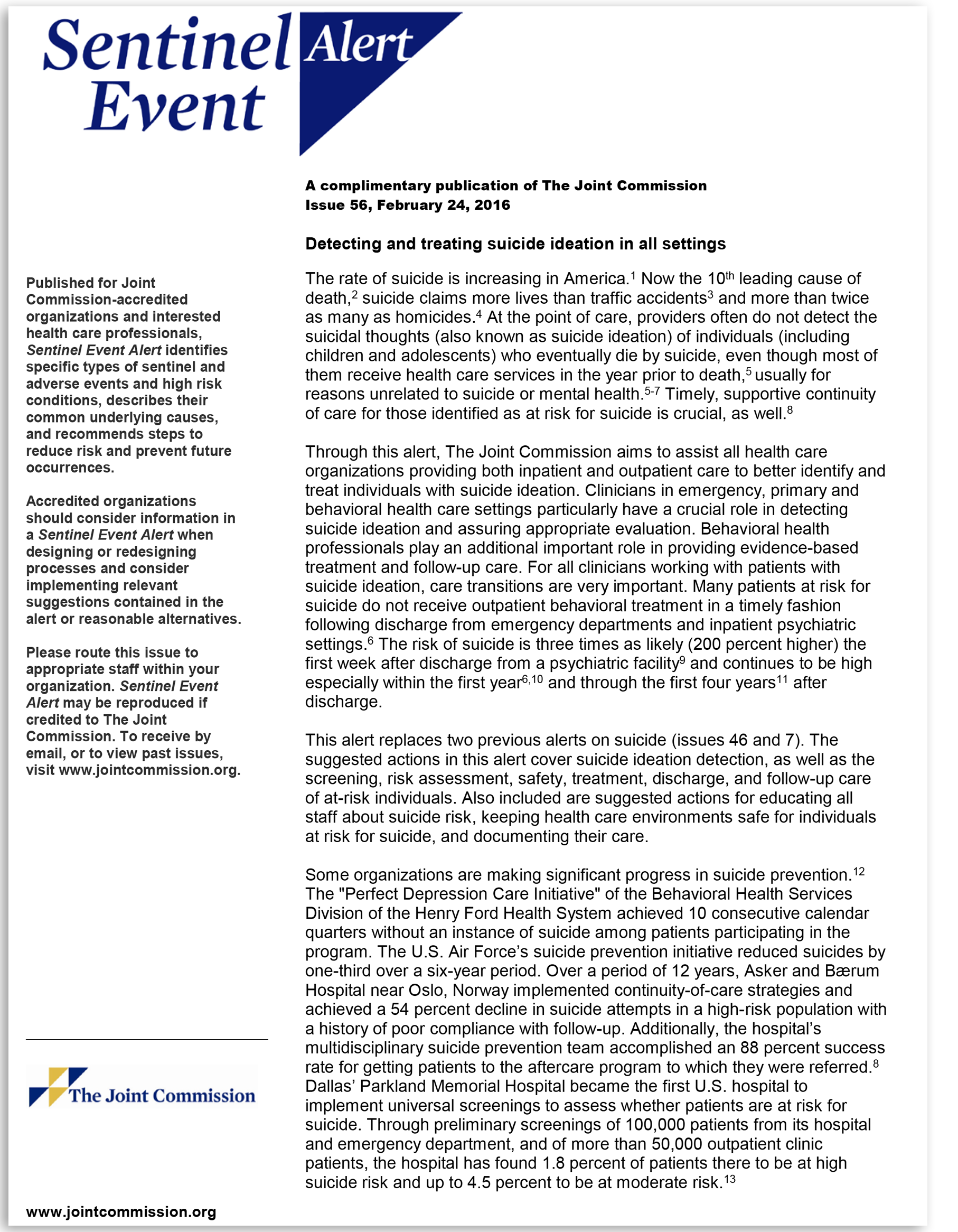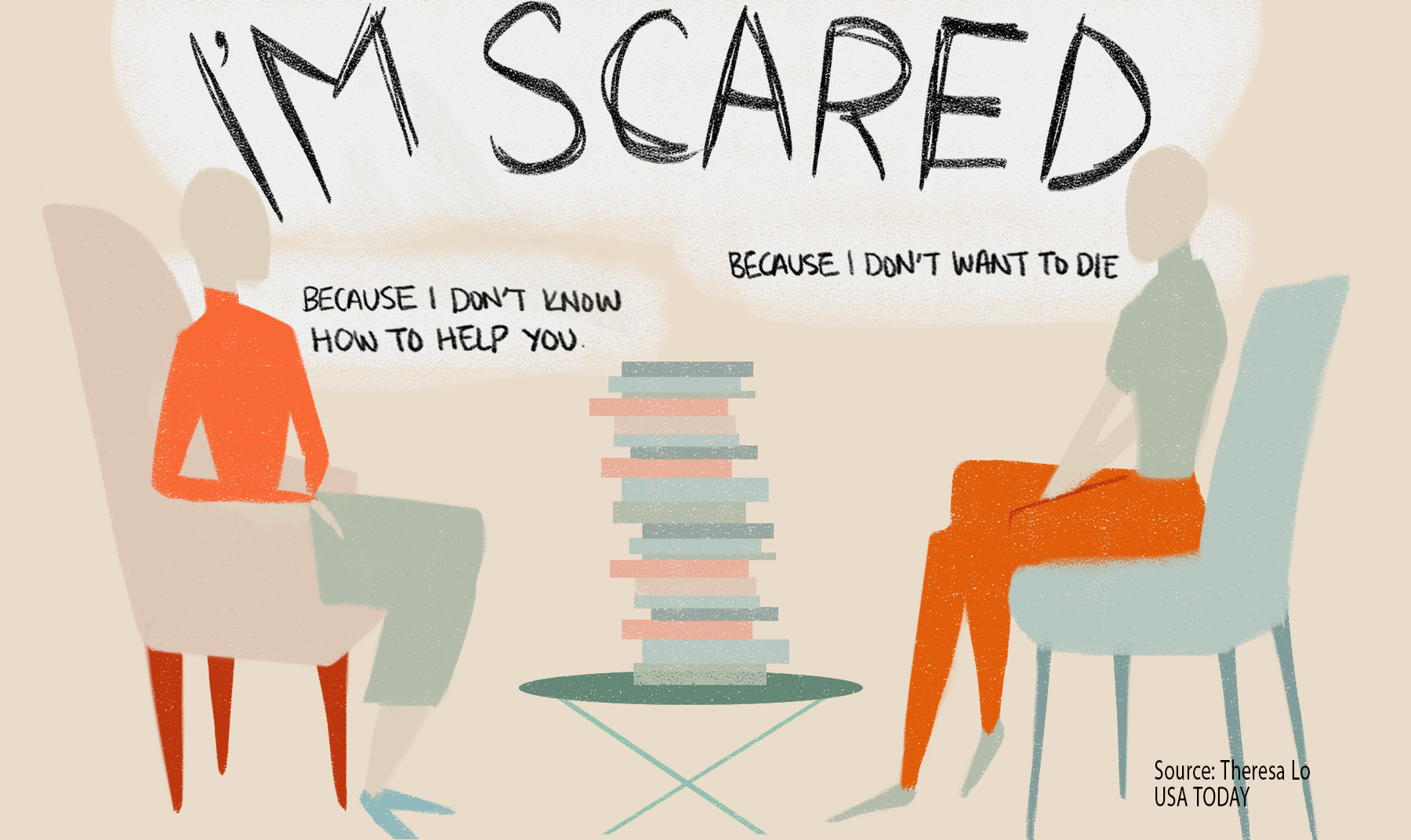The Case for CAMS: An Evidence-Based Suicide Prevention Resource
https://cams-care.com/wp-content/uploads/2021/05/2021-Swift-et-al.-SLTB.pdf

Preventing Suicide
A TECHNICAL PACKAGE OF POLICY, PROGRAMS, AND PRACTICES
This technical package supports the goals and objectives of the National Strategy for Suicide Prevention and the National Action Alliance for Suicide Prevention’s emphasis on community-based prevention. CAMS is recognised as a proven evidence-based clinical approach for effectively treating suicidal risk.

Recommended Standard Care for People with Suicide Risk:
MAKING HEALTH CARE SUICIDE SAFE
This set of recommendations was created by an expert task force to help raise the clinical standard of care across treatment settings with sensible evidence-based approaches. CAMS is recommended for outpatient settings to effectively treat suicidal risk. The therapeutic assessment used in CAMS identifies suicide risk/warning signs. CAMS-guided treatment focuses on stabilising a person who is suicidal by planning to reduce access to lethal means and improving problem-solving for dealing with acute crises.

Sentinel Event Alert 56
DETECTING AND TREATING SUICIDE IDEATION IN ALL SETTINGS
The Sentinel Event Alert is a scholarly publication aimed toward raising awareness about high-risk conditions and associated mitigation strategies. In the article, CAMS was identified as an evidence-based clinical approach that helps reduce suicidal thoughts and behaviours and was recommended as a method to improve outcomes for at-risk patients.

Zero Suicide
IN A ZERO SUICIDE APPROACH:
- All clients with suicide risk, regardless of setting, receive evidence-based treatment to address suicidal thoughts and behaviours directly, in addition to treatment for other mental health issues.
- Clients with suicide risk are treated in the least restrictive setting possible.
Suicide Prevention: Therapists Rarely Trained in Preventing Suicide
Two recently published articles explore the challenges of training mental health professionals in preventing suicide. CAMS is one of only a few evidence and outcome-based treatments.
